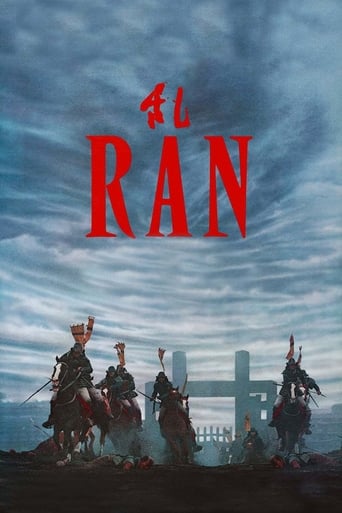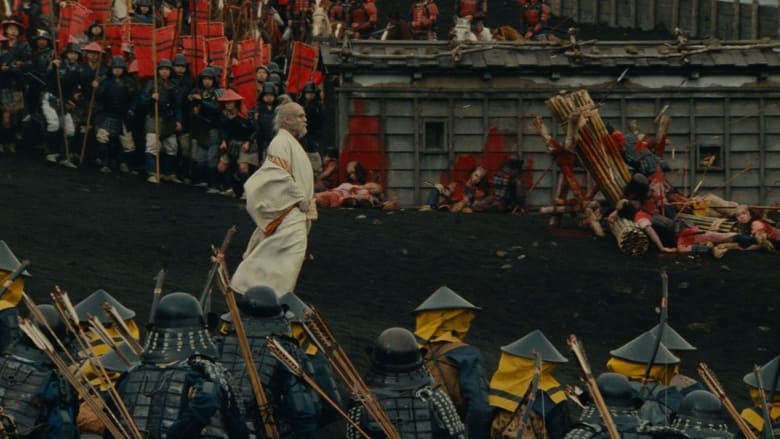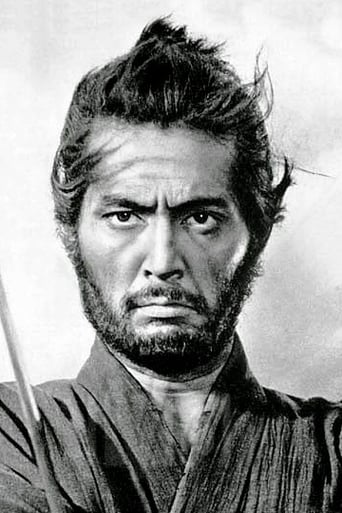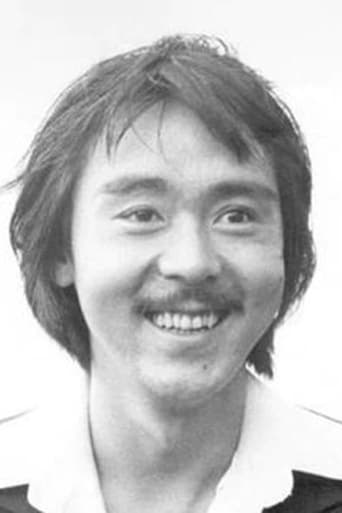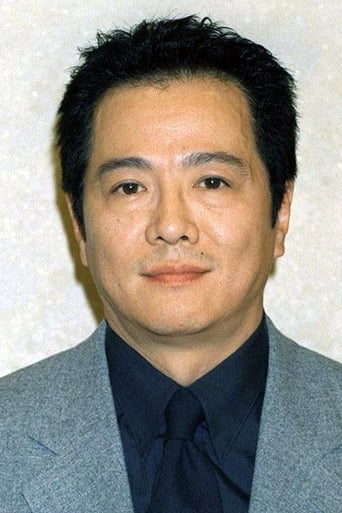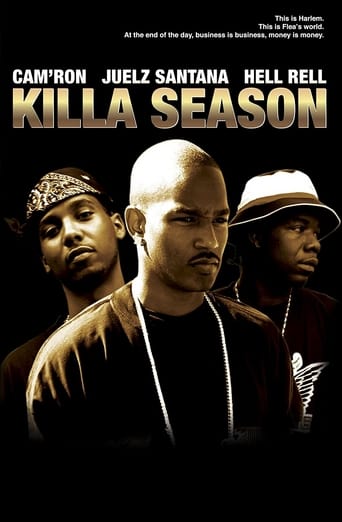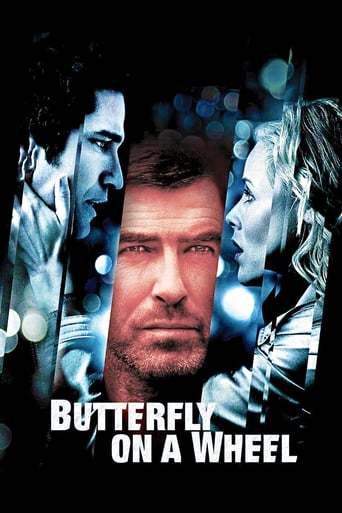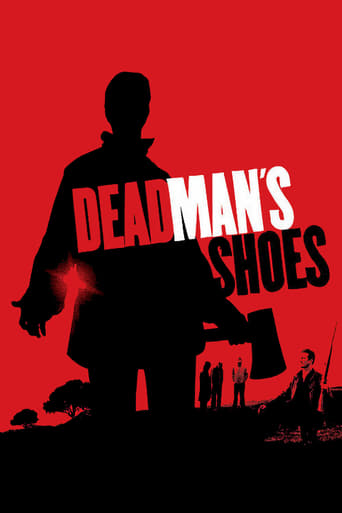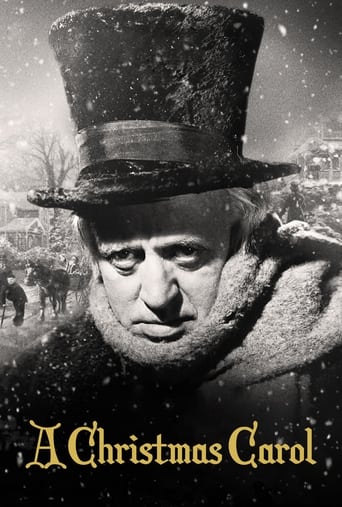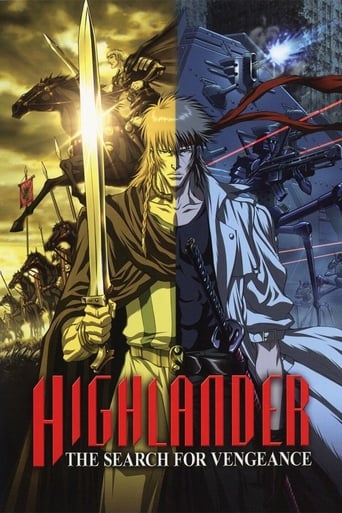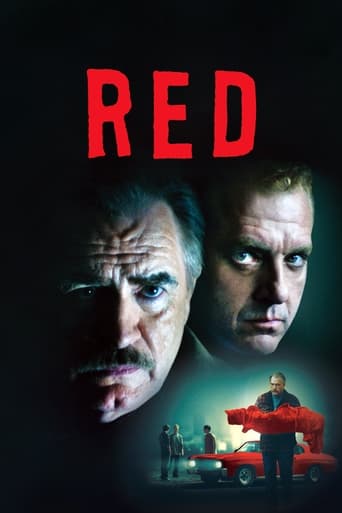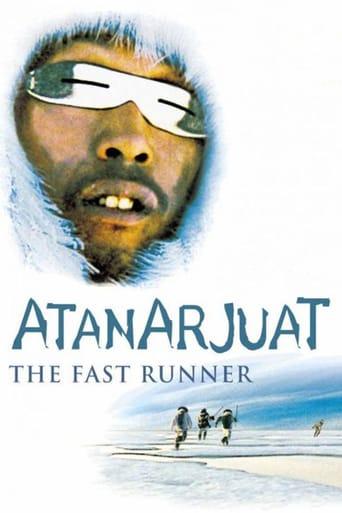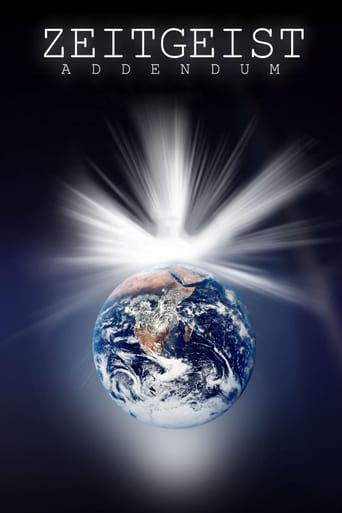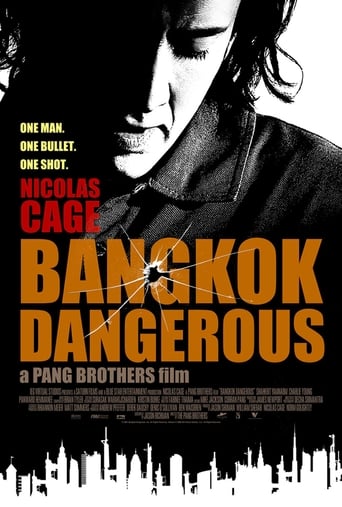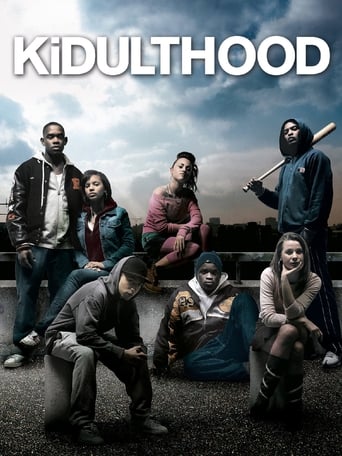Ran (1985)
With Ran, legendary director Akira Kurosawa reimagines Shakespeare's King Lear as a singular historical epic set in sixteenth-century Japan. Majestic in scope, the film is Kurosawa's late-life masterpiece, a profound examination of the folly of war and the crumbling of one family under the weight of betrayal, greed, and the insatiable thirst for power.
Watch Trailer
Cast


Similar titles
Reviews
Ran is one of the most incredible movies I've seen visually and technically the film is flawless, photography is spectacular, the script is good, the film is over, the pace is okay, I particularly was not bored, a few more people can stay, the battle scenes are great, even for the time, the cast is very good, and all the actors are great, especially Tatsuya Nakadai as Hidetora Ichimonji, the makeup that uses it is excellent, the direction of the master Akira Kurosawa is amazing, he does great things with the camera, the film has some good dialogues, other more boring already, Ran is a great movie with a great cast, an excellent photo, visually spectacular and a great direction of Kurosawa. Note 8.5
Warlord Hidetora Ichimonji is haunted. He divides his kingdom among his three sons; Taro, Jiro, and Saburo. The oldest Taro is given the First Castle to lead the younger brothers. The youngest Saburo objects and he is banished. Another lord Fujimaki takes him in and offers his daughter for marriage. Taro's wife Lady Kaede lost her blood family to Hidetora's ruthless conquest and plots to destroy the family from within. Taro and Jiro force Hidetora from power driving him to madness.Legendary director Akira Kurosawa delivers a big production of mass battles and epic drama. It's one of the grandest samurai epics. It is wonderfully beautiful. The acting is big. It is visually stunning.
This film, Akira Kurosawa's version of 'King Lear' set in feudal Japan, tells the story of Lord Hidetora Ichimonji and his three sons Taro, Jiro and Saburo. The elderly lord gathers his family and talks about how he started off in a small castle but gradually defeated all his rivals and now controls the entire area from the largest caste. He finishes by saying that he had decided to retire; he states that Taro, his eldest son, is to inherit the absolute leadership and Jiro and Saburo will inherit the second and third castles respectively and must support Taro. Saburo, the youngest son, suggests that his father must be mad to stand down arguing it will only be a matter of time before Taro and Jiro turn on him. This leads to Saburo's banishment but it isn't long before his words start to be proved right; first Taro makes his father's position at the First Castle untenable then Jiro refuses his men access to the Second Castle forcing him to head to another castle. Here Taro and Jiro's forces attack; Taro is killed and Jiro takes his place as dominant warlord; Hidetora escapes with his fool but Jiro still wants him dead anybody familiar with Shakespearian tragedies will know that there won't be a happy ending for any major character.As with his previous adaptions of Shakespeare plays director Akira Kurosawa does a brilliant job transferring the stories to Feudal Japan their themes fit the era perfectly. It explores the idea of revenge as Lady Kaede, Taro's wife whose family was killed and lands taken by Hidetora, seeks to destroy the family from within. Likewise it shows the thirst for power as Taro then Jiro try to destroy their elderly father despite the fact that he has handed over all the real power. The battle scenes have an epic feel; especially when Hidetora is the sole survivor as the castle burns and arrows fly past him. Hidetora's subsequent descent into inevitable madness is shown as he travels through various places he destroyed on his rise to power. Overall I'd certainly recommend this; you don't have to be a fan of Shakespeare or familiar with Kurosawa's other films to enjoy this.These comments are based on watching the film in Japanese with English subtitles.
The German artist Caspar David Friedrich once said that "The painter should paint not only what he has in front of him, but also what he sees inside himself." That is exactly what Director Akira Kurosawa has done with Ran. The story of a 70 year old warlord in feudal Japan who hastily decided's to split his thrown into three and leave it to his sons. Kurosawa was 76 when he directed this film, and shares many similarities with the central character Hidetora. The eldest Taro receives the first castle and becomes leader of the Ichimonji clan. The other sons Jiro, and Saburo are given castle's two and three. As I'm sure you can imagine things start to rapidly go downhill as Taro and Jiro's motives are soon shown crystal clear. Their greed is ultimately what led to chaos sinking its blooded teeth into the land. And soon Saburo who is cast out by his father raises an army in the hopes of securing peace across Japan. One excellent thing I noticed in this film is the subtle foreshadowing implemented into many scenes. There's an early scene where Saburo (who I initially thought would be the bad egg) insults two of Hidetora's subjects. After he's embarrassed his family the brothers get up and leave, but not before Saburo cuts down some bushes and uses them as shade for his sleeping father. That tiny detail cements his love and respect for Hidetora. The central theme to this film is 'chaos'. The word Ran even means chaos. And there's lots of intelligent scenes which foreshadow the oncoming mayhem. Such as short cuts of clouds ever growing larger until they've become uncontrollable storms. I really cannot say enough good things about this film. But this review has stretched on, so I'll leave it with this. Ran, is without a doubt the best Shakespeare adaptation ever put to screen, and in my personal opinion the greatest Kurosawa film there is.

